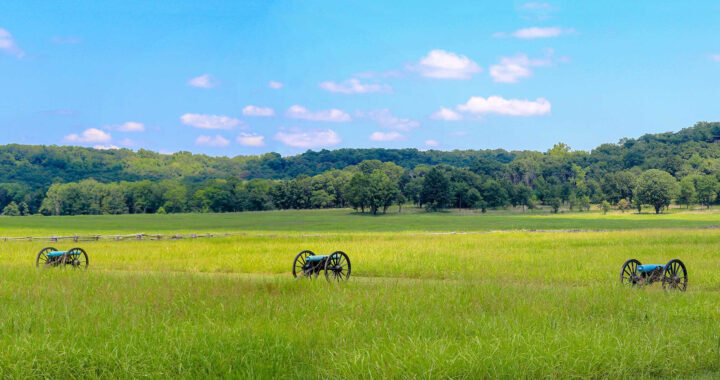In early April 2025, devastating floods inundated Arkansas farmland, submerging over 260,000 acres and causing crop losses valued at approximately 78 million dollars. The state, which remains the top producer of rice in the United States, suffered catastrophic damage that left thousands of growers facing the grim possibility of bankruptcy before the end of the year.
Struggles of Arkansas Farmers
Hundreds of farmers have been seeking urgent relief from congressional representatives and the federal executive government. Estimates based on available data suggest that one in three producers could file bankruptcy within a year if financial assistance were withheld. The gathering underscored how swiftly economic survival has overtaken political loyalty.
Rice farmers specifically bore the brunt of the April flooding. Arkansas typically plants 1.4 million acres of rice annually, but many fields remain ruined. Entire family operations face foreclosure threats because they have been unable to service loans or secure additional financing for the next planting season. Generational legacies are now hanging by a thread.
The flooding compounded an already severe downturn. Production costs for Arkansas farmers have surged. The prices of specific agricultural inputs like fertilizer, fuel, seed, and equipment have climbed throughout 2024 and 2025. The rise in costs occurs when crop prices for corn, soybeans, and wheat in the global market have dropped to their lowest levels since 2020.
Impacts of the Government
Federal trade policies have added new burdens. Specifically, beginning in March 2025, a sudden 125 percent tariff was imposed on exports to China, a major buyer of American crops. Arkansas growers, heavily dependent on overseas markets, saw demand for their products collapsing, with millions of dollars in contracts cancelled virtually overnight.
The safety net for farmers has been shrinking. Budget and staffing cuts within the U.S. Department of Agriculture have slowed delivery of assistance programs. Funding freezes have undermined conservation, resilience, and local food programs. International food assistance purchases valued at two billion dollars annually have also been dismantled.
Observers warn that the U.S. is losing credibility as a reliable trade partner. Export partners are shifting toward alternative suppliers, including Brazil, which has already benefited from reduced competition. Experts emphasize that reputational damage in global markets may have long-lasting consequences for agricultural exports and rural communities.
Consequence of Political Choice
The financial strain is becoming intolerable. Many small Arkansas farms are burdened with debt of more than 1 million dollars. Hence, without immediate relief, lenders may foreclose, forcing consolidation into large agribusiness operations. Family farms, historically the backbone of the rural state economy, are vanishing under the combined weight of crises.
Political tensions now cut sharply through Arkansas farming communities. In the 2020 and 2024 presidential elections, nearly two-thirds or 60 percent of these farmers supported Donald Trump. Today, many of those same individuals publicly acknowledge that tariff policies and program cuts are threatening their survival rather than securing their livelihoods.
The crisis unfolding in Arkansas is part of a broader national story but with devastating consequences for the state. Farmers there must endure both extreme weather events and trade upheavals. Specifically, without swift intervention from the government, farmers believe that the next planting season may see Arkansas lose a third of its farmers permanently.
